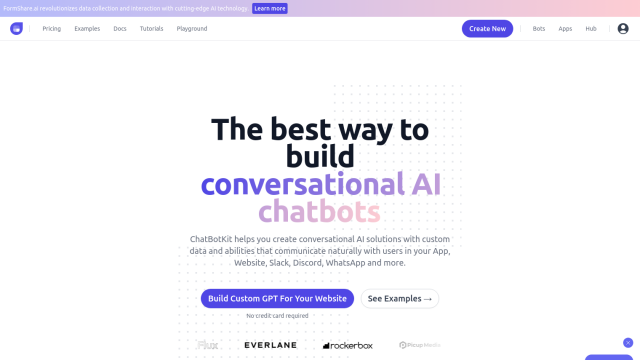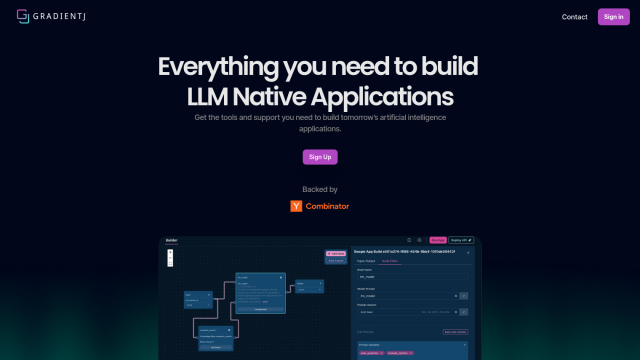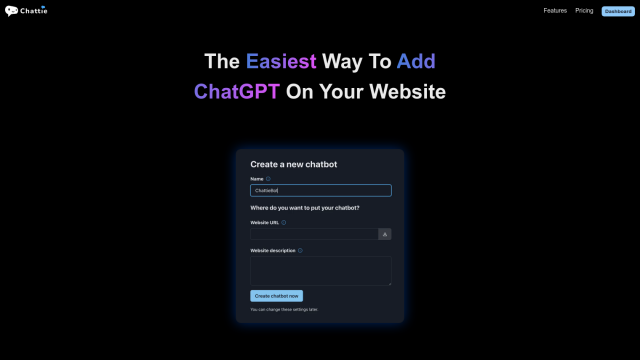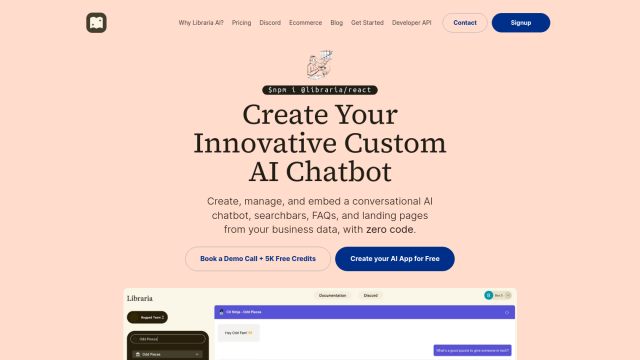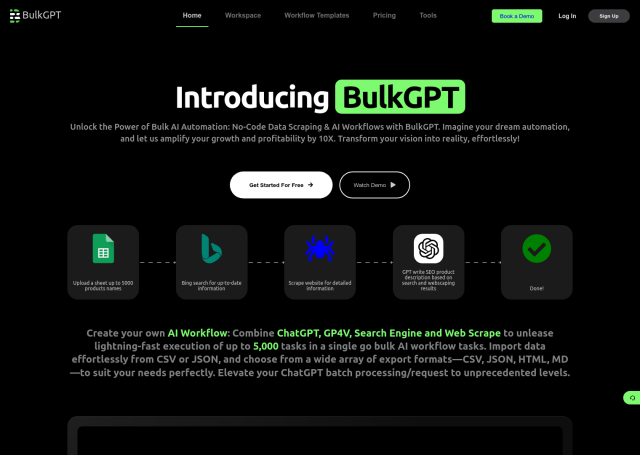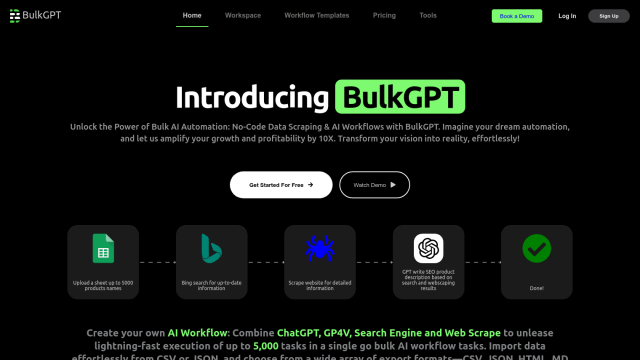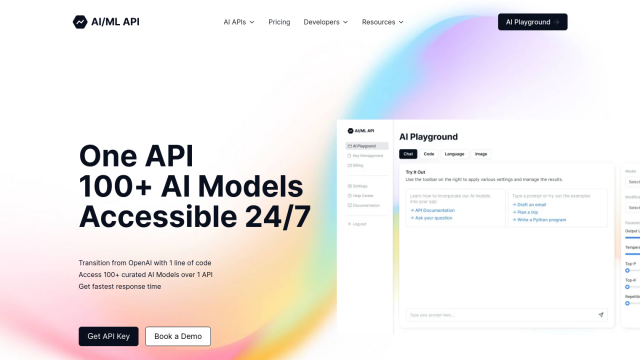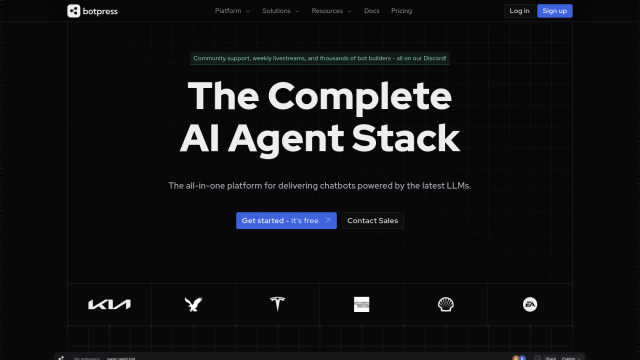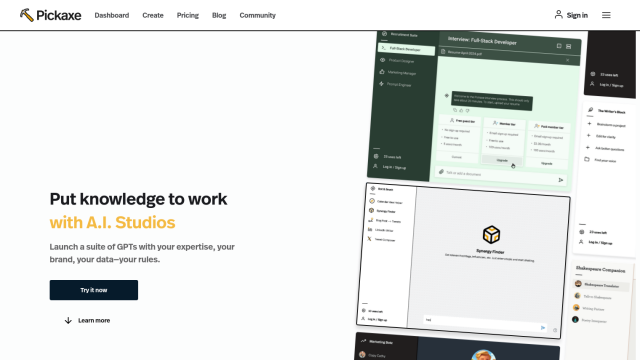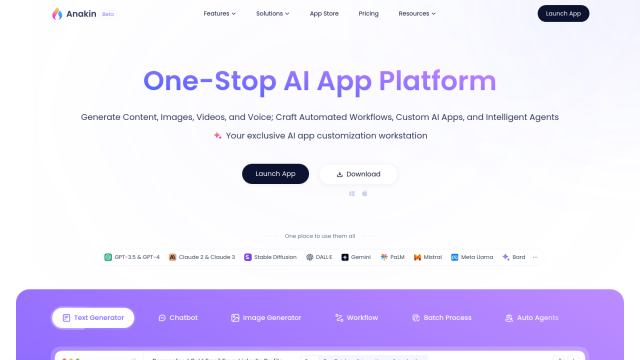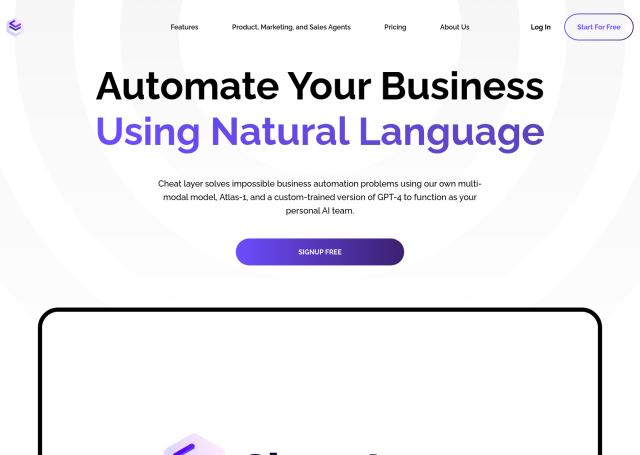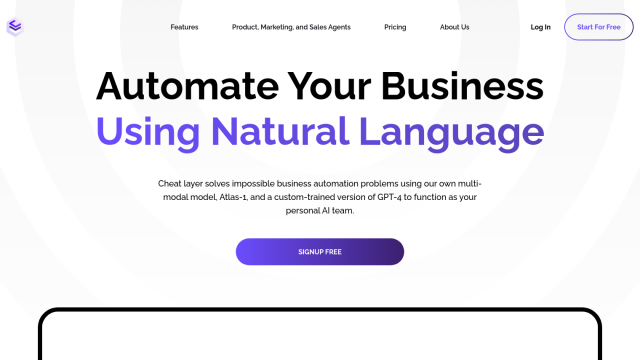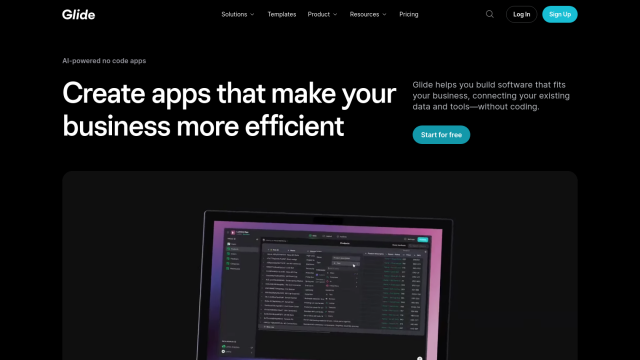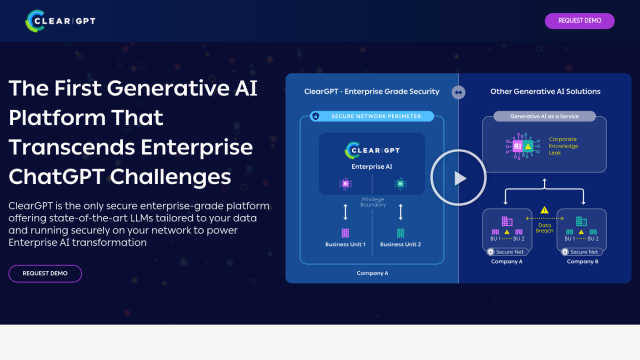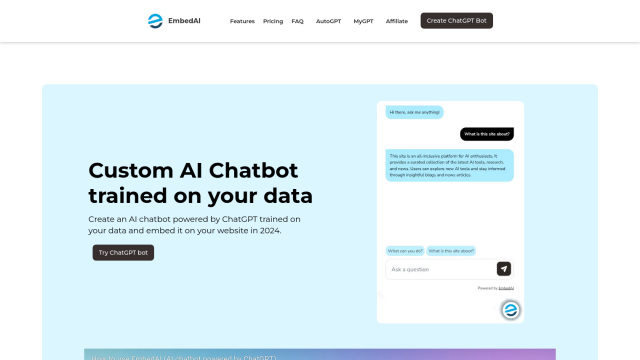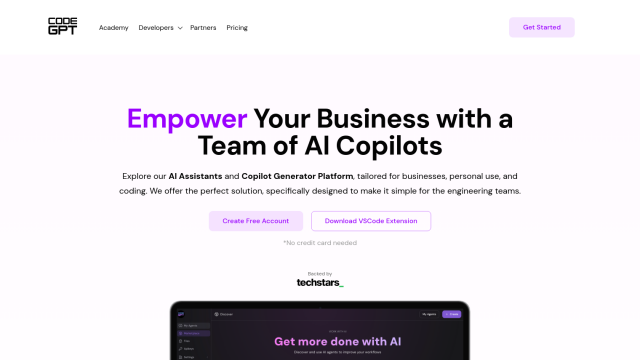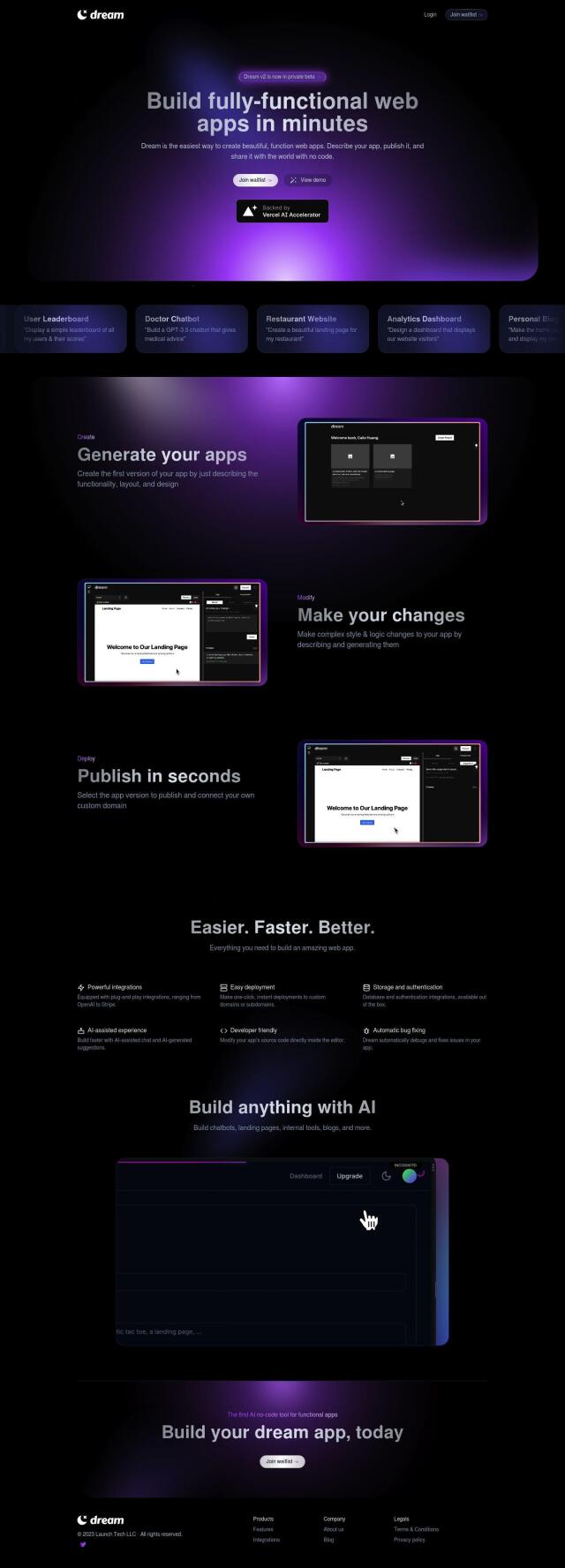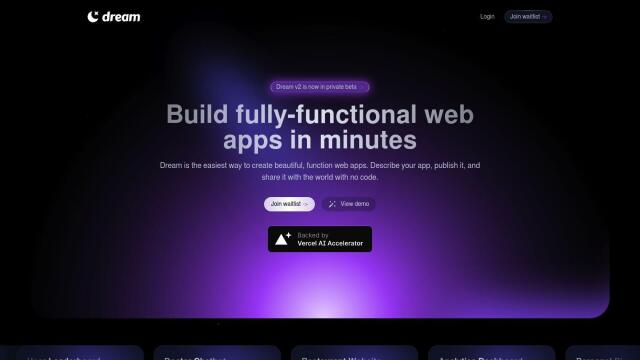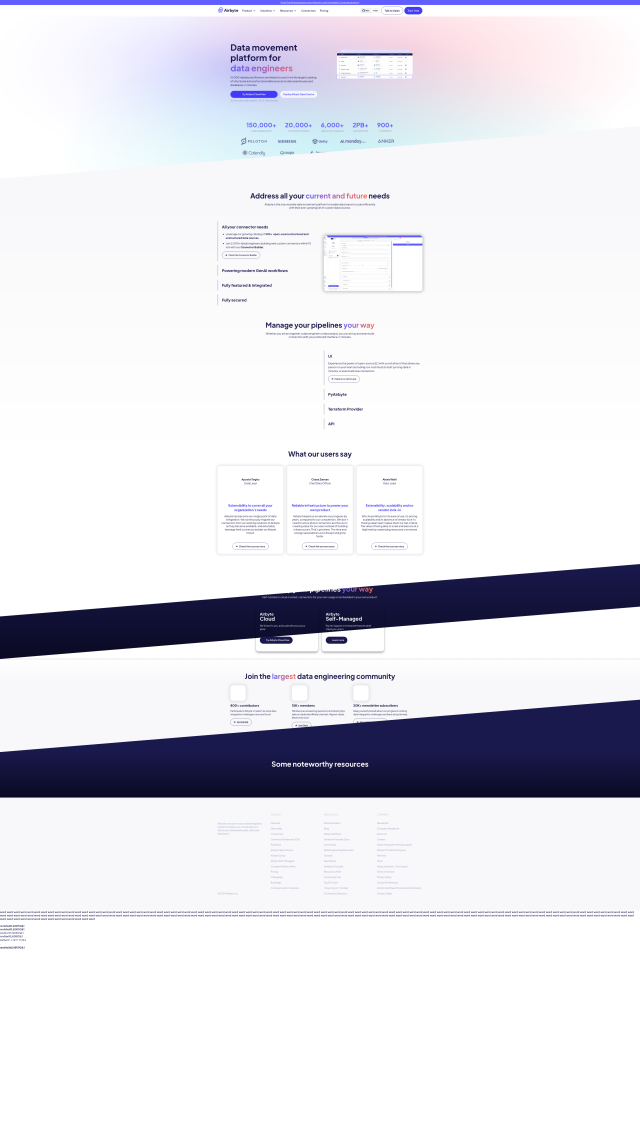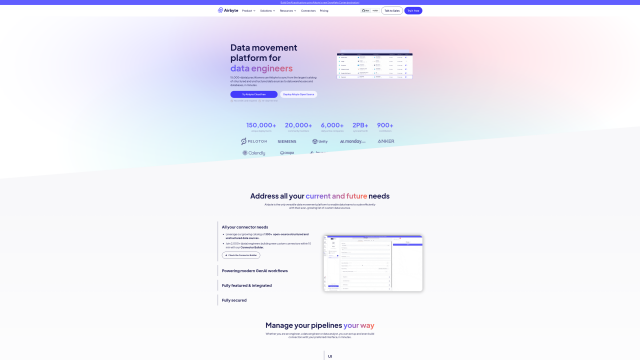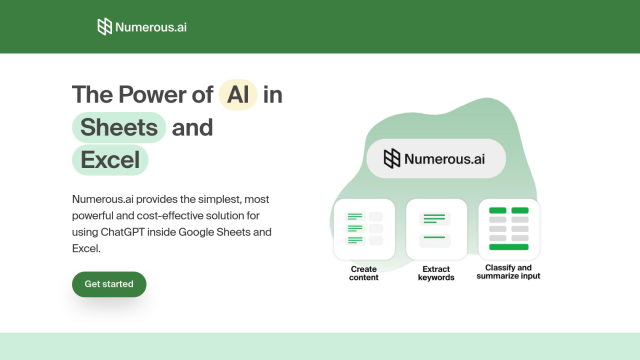Question: Can you recommend a platform that allows me to integrate my GPT model with external APIs without coding?

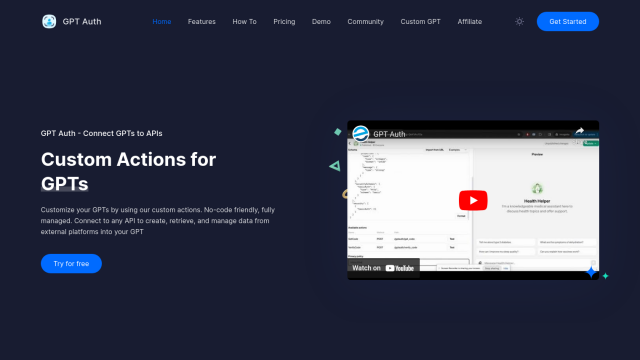
GPT Auth
If you want to use your GPT model with external APIs without having to write any code, GPT Auth is a great choice. This service offers a no-code interface that lets developers, AI researchers and businesses link their GPTs to external APIs, manage data and monitor user activity. It automatically handles OpenAPI schema and authentication, lets you add custom actions for data creation and retrieval, and tracks queries in real time. It's good for developers with some experience or less.
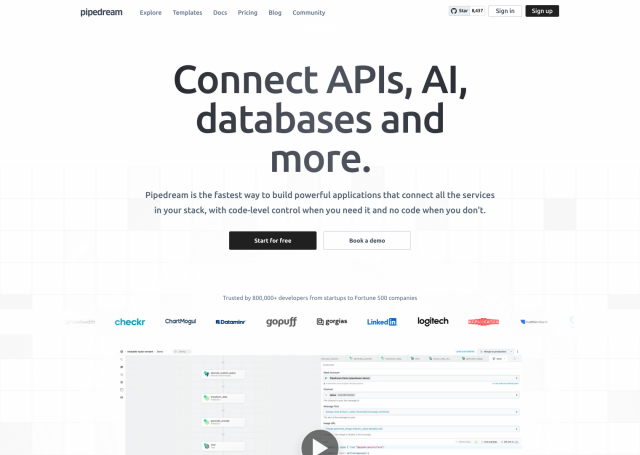
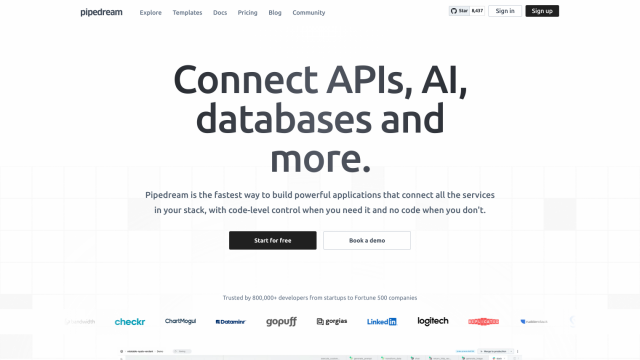
Pipedream
Another option is Pipedream, which offers a full-featured environment for building applications that integrate multiple services. It supports more than 2,100 APIs through npm and PyPI packages, and you can easily integrate with them. Pipedream lets you control code at a low level when you need to, but also offers no-code interfaces. It also offers instant deployment and access to a wide range of APIs, including OpenAI. That makes it a good choice if you want to quickly integrate your GPT model with other external services.
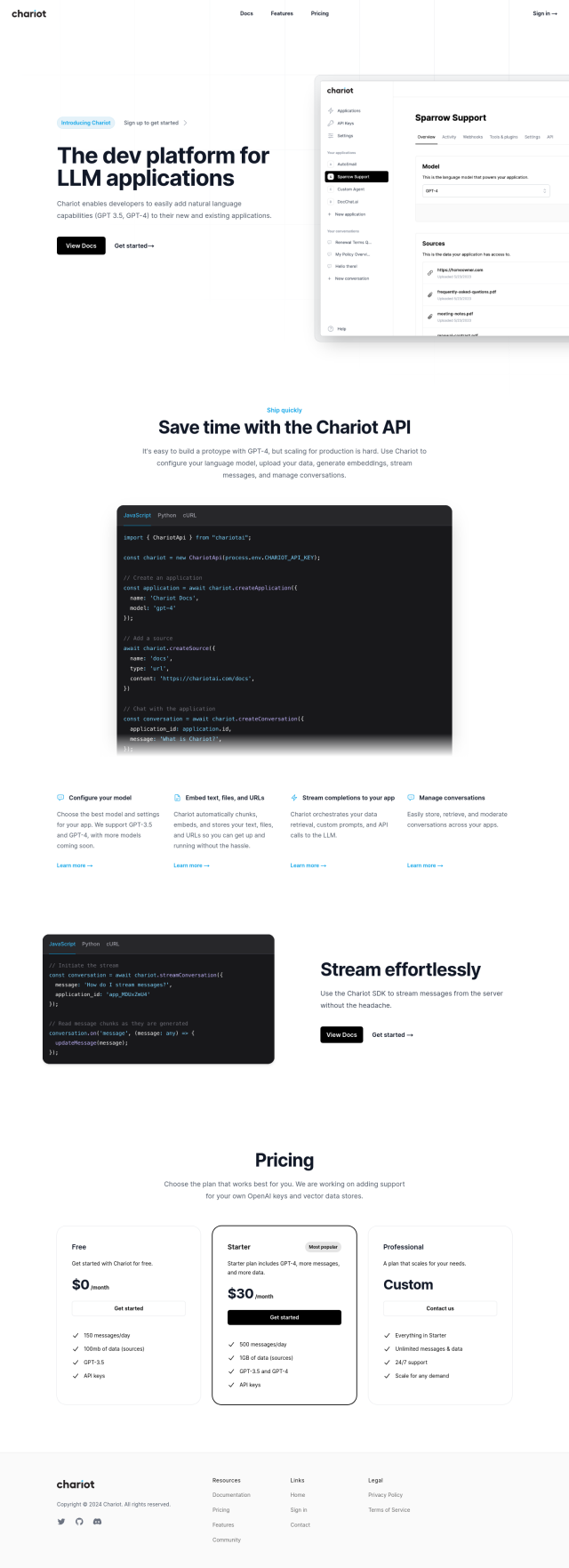
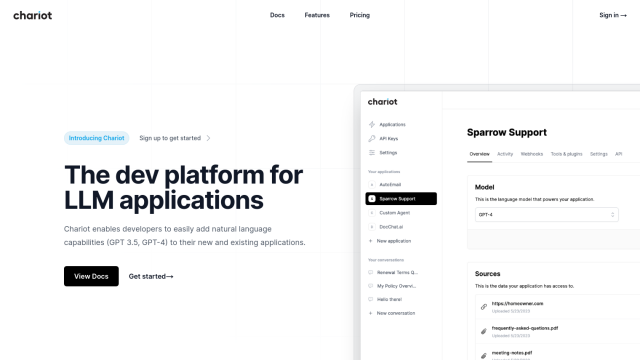
Chariot
Chariot is another option if you want to add natural language abilities to your app without a lot of programming work. The service supports GPT 3.5 and GPT-4, and you can configure models, generate text embeddings and manage conversations. It's got an SDK for Node.js today, but Python and .NET support is on the way, so it should work in a variety of programming environments.

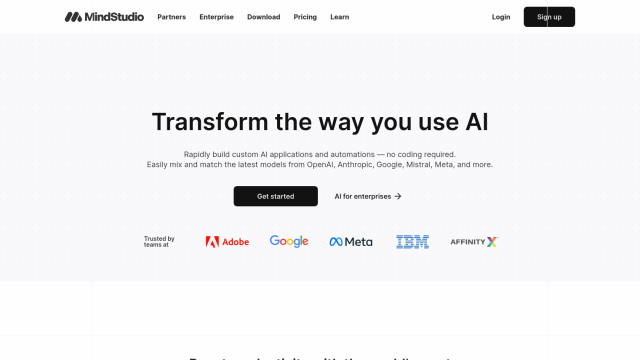
MindStudio
If you want to build a broader range of AI applications, MindStudio offers a no-code interface where you can create your own custom AI tools and automations without writing any code. You can integrate with multiple data sources, call APIs and connect to SaaS services, so it's a good option if you want to create a custom AI assistant that's geared for a particular job. MindStudio offers several pricing levels, including a free starter plan, so it should be within reach of many budgets and needs.



